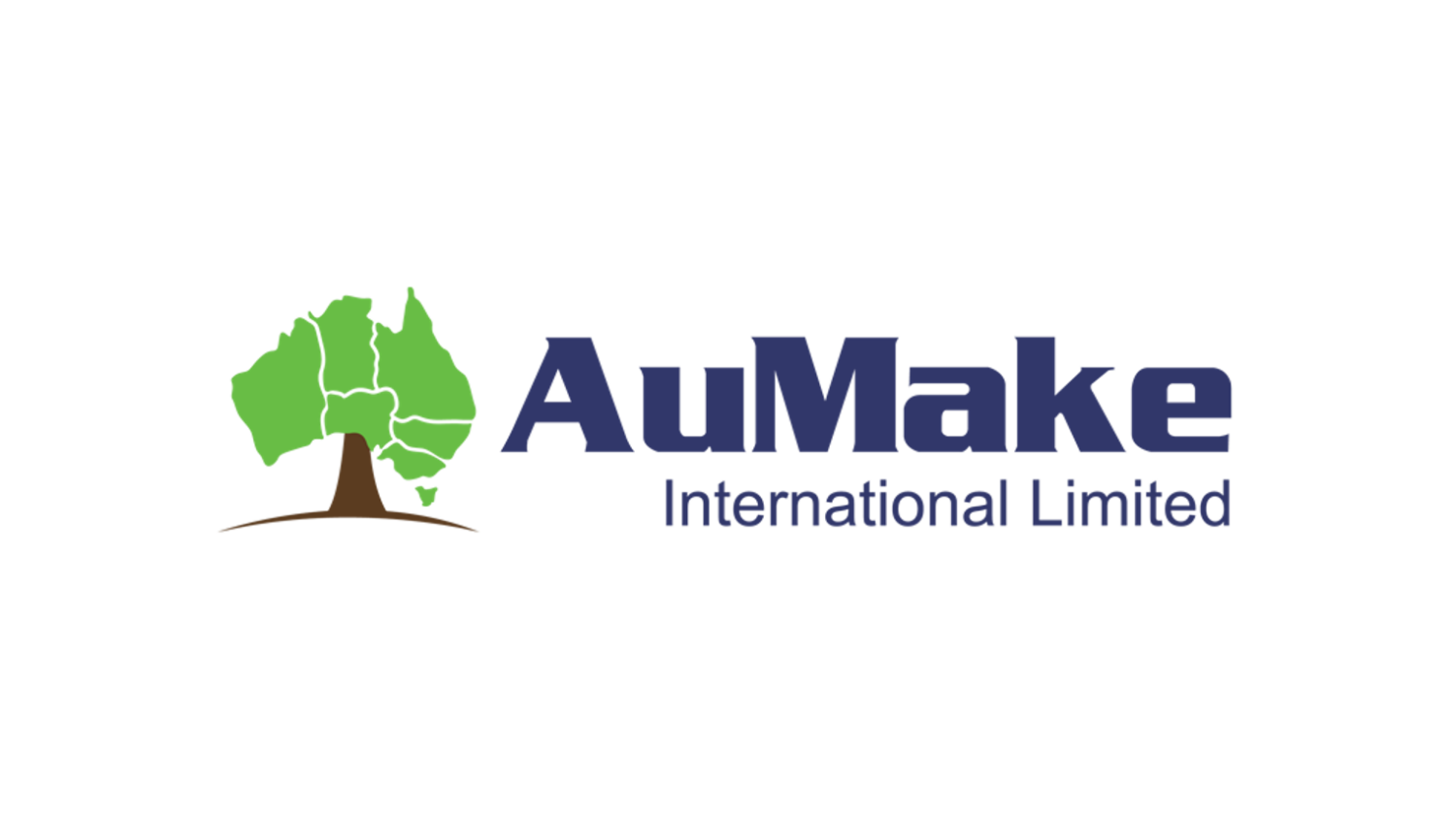Founded just 18 months ago, the association's primary purpose is to act as a bridge between SMEs in Australia and China, helping local SMEs (small and medium enterprises) gain entry into the Chinese market.
Speaking to NutraIngredients-Asia, founder and president David Thomas said: "We established the ACSME because we felt there was a need for more of a focus on the SME sector.
"There are quite a number of organisations that look after big MNCs, and we felt the need for a platform that allows SMEs on both sides — China and Australia — to come together to exchange news, learn from one another, and push forward opportunities."
Thomas, who lived in Hong Kong for a decade before moving to Australia, is experienced in facilitating businesses and investments between developed and emerging markets, and has been focusing his expertise on Australia and China in recent years.
He said Aussie SMEs had major opportunities in China's healthcare and nutrition space, especially since the latter has had its fair share of issues with its domestic food and nutrition brands, and Australia has many 'natural advantages' that can meet China’s needs.
"With China's middle class on the rise, many of them are already buying health supplements and foods from Australia, because they regard Australia as a safe, secure and well-regulated environment."
The millennial gateway
A large portion of those buyers, he added, were millennials.
In a recent press release, Thomas pointed out that as children of China's one-child policy, millennials were often given the best their parents could afford, including top-tier education.
This resulted in a great number of well-educated high earners among their generation, who tend to make good use of their vast financial freedom.
He told NutraIngredients-Asia: "Firstly, millennials in China are remarkably wealthy; there's a surprising amount of money to be made in that sector.
"Secondly, they love trying new things — they're not tied to traditional old brands. Many of them are well-educated and well-travelled, and they tend to be open to new things.
"That's what we need in Australia. The millennials are a great consumer market, and we need to get a lot better at pitching to them.
"In Australia, we have 165,000 Chinese students right now, and that's a pretty good market to test before you even take a product to China."
However, it’s not just millennials' enviable spending power that makes them a particularly lucrative demographic.
Apart from their disposable income and general openness to new products and experiences, their tendency to share their knowledge with their elders is likely to lead to even more opportunity for Australian SMEs among China's ageing population.
Thomas said, "Unlike their parents and grandparents, they probably have a very strong focus on nutrition, health and well-being; they are more exposed to the knowledge and benefits of such products.
"About 30 years ago, Chinese nutrition was based solely on traditional Chinese principles around food and nutrition, so many older people are stuck in that world, and it's their children and grandchildren who will expose them to new products coming from the West."
Daigou — "free focus group"
While Chinese millennials may be willing to fork out large sums on health supplements from Australia, it is vital for businesses to be familiar with the best channels through which they can be reached in the first place.
Unsurprisingly, this is where Australia's daigou network comes into the picture.
Thomas said, "There’s a big daigou community in Australia — it was quite a small industry five years ago, and it's quite a big industry now.
"Quite a lot of Australian products have been finding their way to Chinese consumers, but Australians themselves have had very little to do with it — it's actually been driven by daigou shoppers."
While Thomas does not do business directly with daigou shoppers, he works with those who do. His advice to Aussie SMEs is to focus on attaining success in the domestic market first before looking to China or other countries.
"I don't want to take companies to China if they're not going to be successful. If you have something the Chinese don't like — whether they don't like the taste or get a reaction from it — it's better to find that out in Australia before you start going to China and building relationships there.
"I advise Australian product providers — particularly very small micro SMEs that have a healthcare or nutrition product — to test the market through the daigou network before they even go to China.
"They're likely to get a lot of feedback from the daigou community alone. I think working with the daigou network is a good way to test the market — it's like a free focus group, really."


